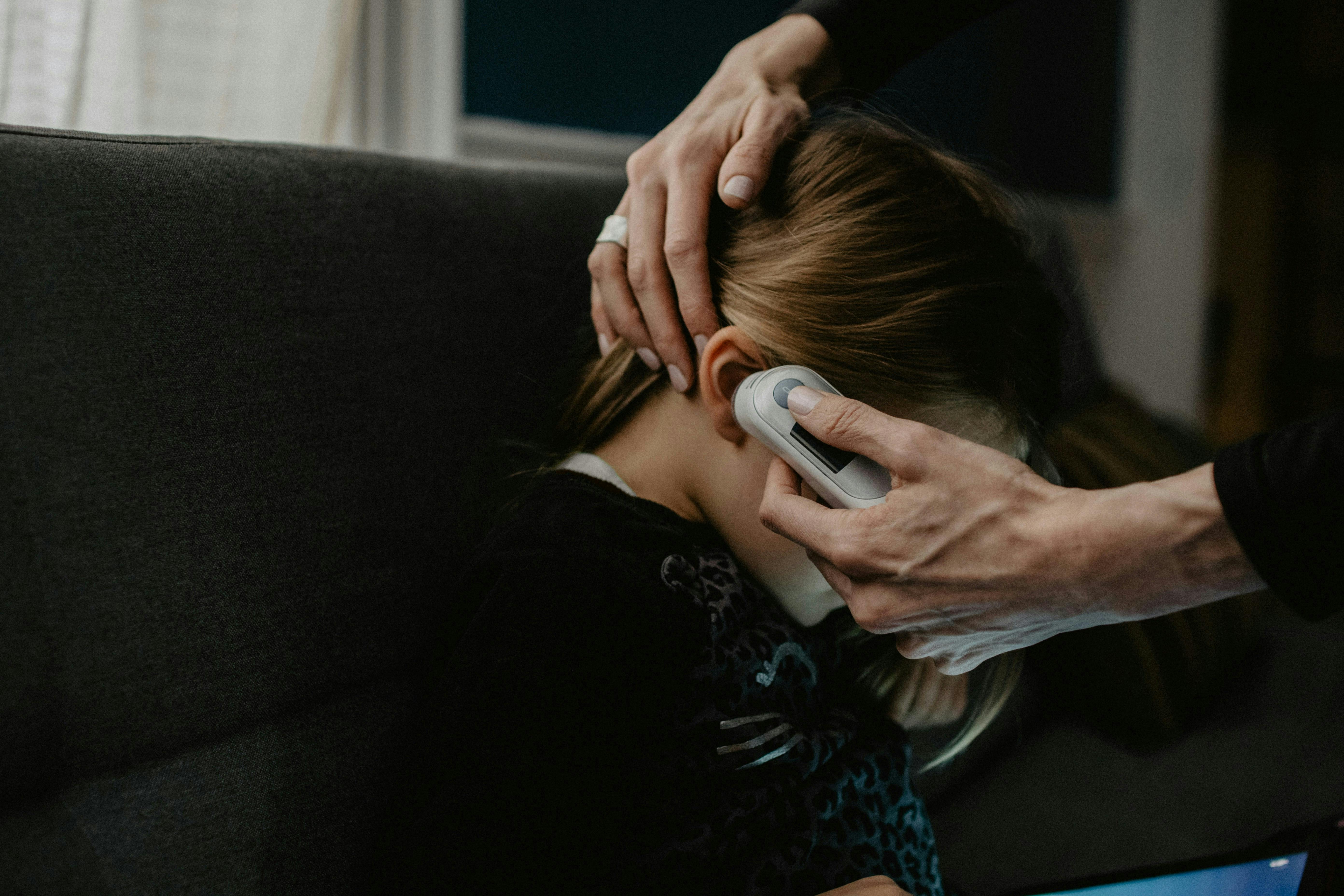June is Men’s Mental Health Month. Men's mental health is often overlooked. As a society, we tend to focus more on men's physical health in terms of fitness, annual checkups, and heart health. But mental well-being is just as important as physical health. That's why we've dedicated this month to advocating for the men in our community and around the world to support their mental health as much as their physical health.
There is a silent crisis in men's mental health, one that too often remains unnoticed or unspoken. In 2023, 19% of U.S. men 18 and older experienced a mental illness. This is a powerful reminder to check in on your loved ones, speak up about your mental health, and know that you're never alone.
The Silent Battle: Why Men's Mental Health Can Be Overlooked
Societal expectations and traditional notions of masculinity often encourage men to be strong, stoic, and self-reliant. While these traits can be valuable, they can also create barriers when it comes to expressing vulnerability or admitting to mental health struggles. This can lead to:
- Underreporting: Men may be less likely to report symptoms of depression, anxiety, or stress.
- Minimization: Downplaying feelings or assuming "it'll pass."
- Delayed Help-Seeking: Waiting until symptoms become severe or manifest as physical ailments.
- Expression Through Different Avenues: Mental health struggles in men can sometimes appear as irritability, anger, substance abuse, recklessness, or physical complaints rather than overt sadness.
Breaking the Silence: Steps Towards Better Mental Health
- Speak Up: The first and often hardest step is to talk to someone you trust – a friend, family member, or healthcare provider.
- Normalize Seeking Help: Understand that asking for help is a sign of strength, not weakness. Millions struggle with mental health, and effective treatments exist.
- Prioritize Self-Care: Engage in activities that reduce stress and bring you joy – exercise, hobbies, spending time in nature, getting adequate sleep, and maintaining a balanced diet.
- Connect with Others: Combat isolation by staying connected with friends, family, or community groups.
- Be Proactive: Just as you would with a physical ailment, address mental health concerns early.
Supporting the Men in your Life
- Start a conversation: One conversation can spark transformation.
- Share resources: Hotlines, local organizations, and support services are here to help.
- Create safe spaces: Encourage environments where men feel comfortable speaking up without judgment.
To the men in our community: your mental well-being matters. You don’t have to carry the weight alone. As your primary care physician, we're here to help. We’re here to listen, support, and guide when you’re ready. Don’t wait to reach out. Your health—mind and body—is important. We'll provide that safe space for you to talk, conduct screening to diagnose conditions, address any physical symptoms, offer support and coping strategies, facilitate referrals if needed, and manage your medications.
At Lubbock Primary Care, we're committed to helping you get healthy and stay healthy through our patient-centered approach. Whether you're here in Lubbock to attend school or you're here raising a family, we're here to serve and guide you to health—mental and physical. Our providers at each of our locations are accepting new patients. Give us a call to establish care and get started with one of our providers.
Lubbock Primary Care Locations
South Quaker Location: 11007 Quaker Ave., Lubbock, TX | 806-701-4040
Southwest Milwaukee Location: 10709 Milwaukee Ave., Lubbock, TX | 806-207-3703
Central University Location: 5015 University Ave. Unit B1, Lubbock, TX | 806-797-4357
Midland Location: 1300 W Wall St., Midland, TX | 432-684-4488
Visit NAMI.org/mensmentalhealth to learn how you or someone you know can recognize the signs, find support, and take the first steps toward mental wellness.



